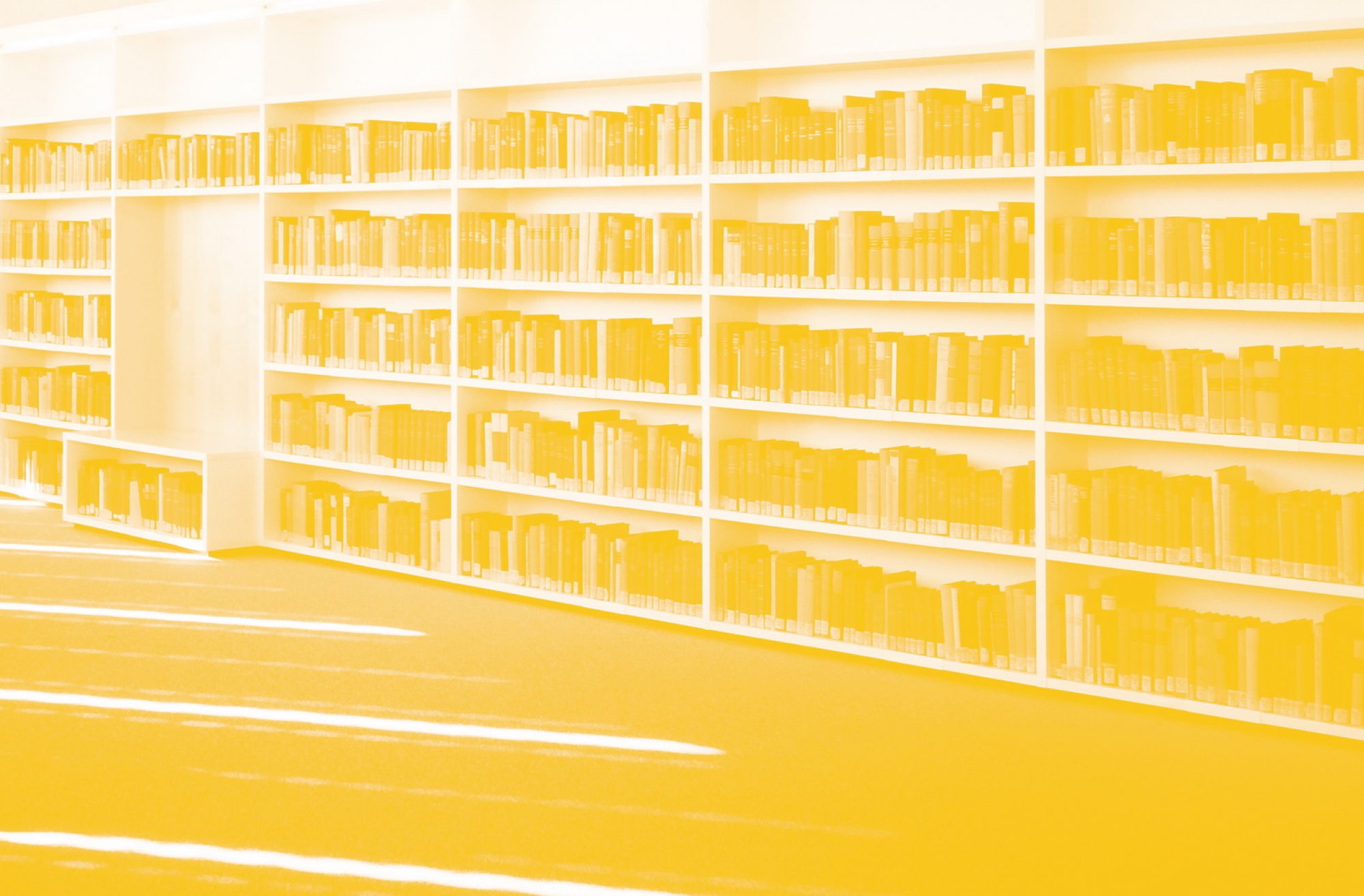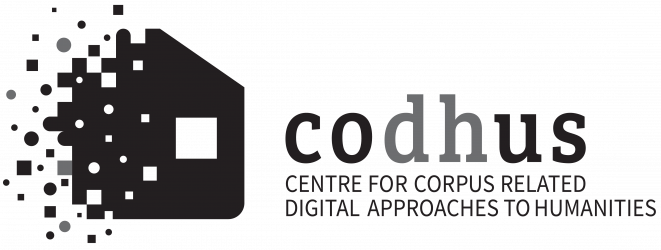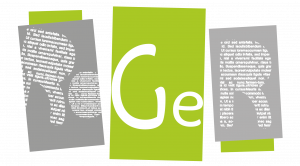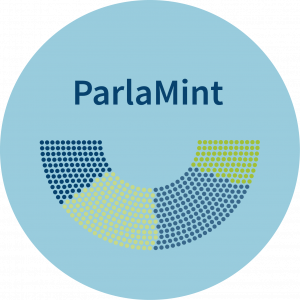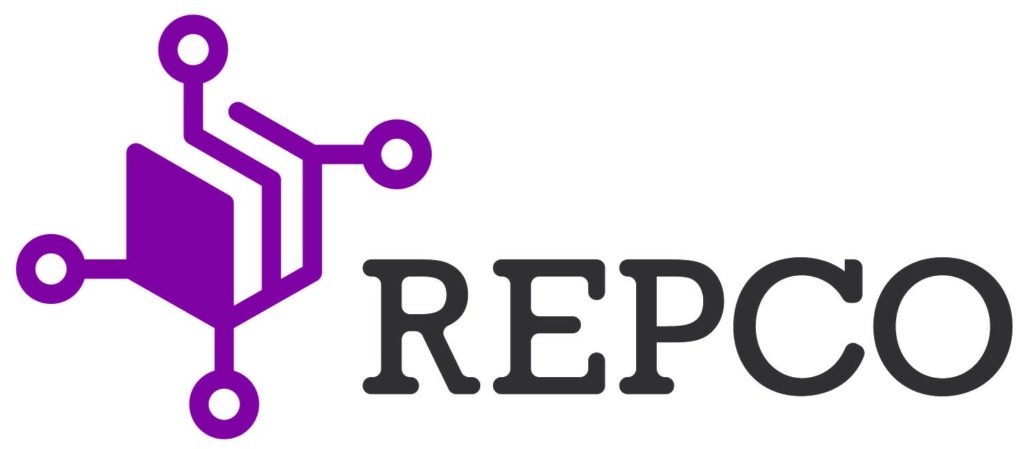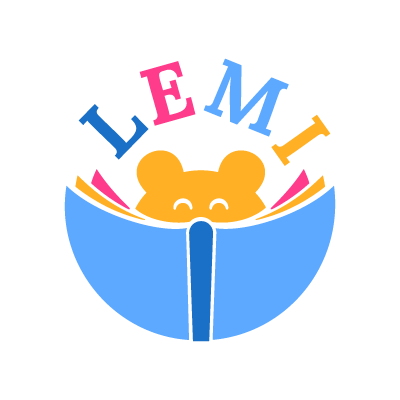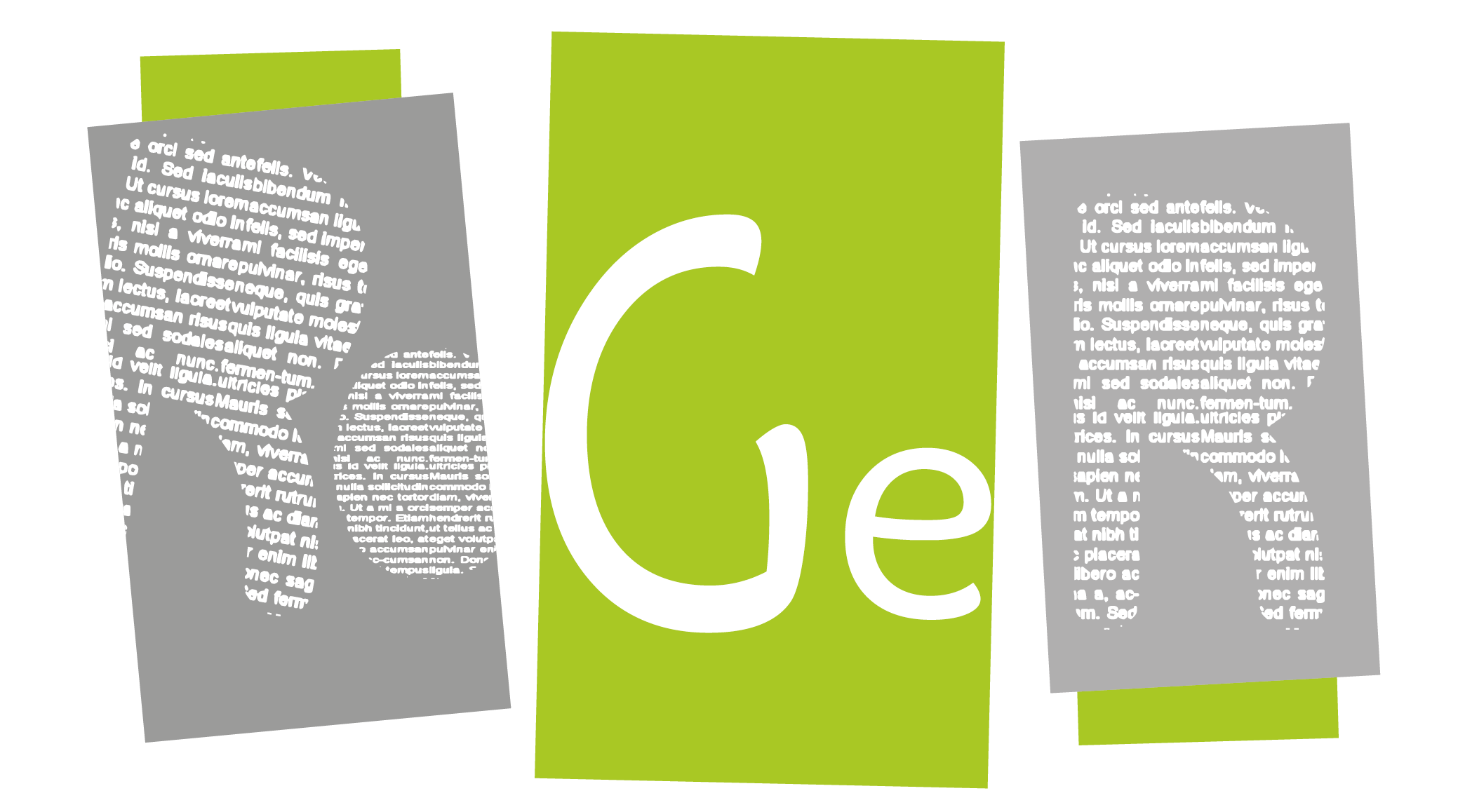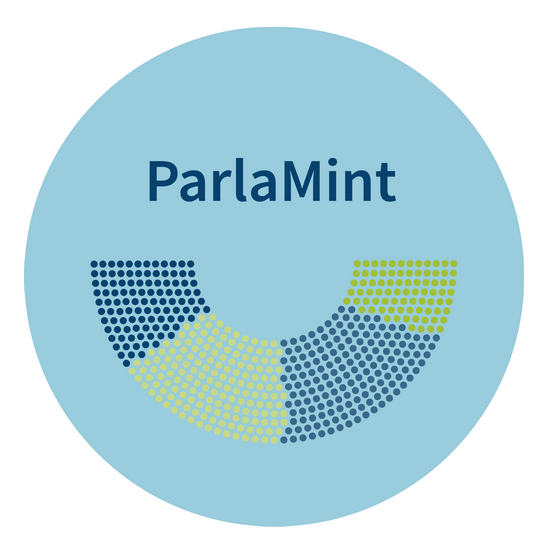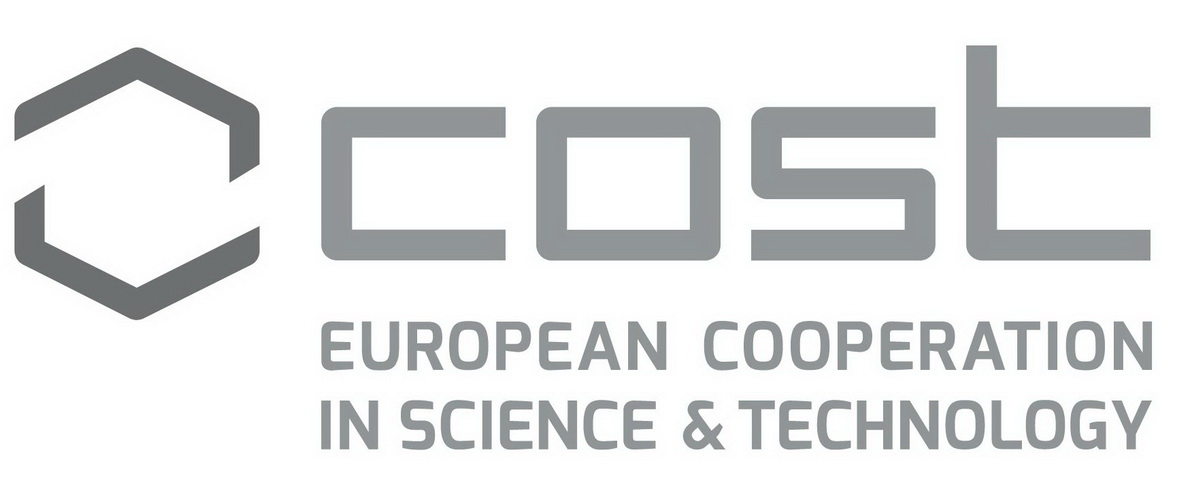- ROGER
The aim o fthe ROGER research project is to develop a methodology for the analysis of academic writing genres at Romanian universities from a contrastive perspective: genres written in Romanian versus genres written in English. This will help the research and teaching community understand what and how students write at the university level in both English and Romanian and contrast writing in the native tongue to writing in a foreign language. The project will also result in a searchable corpus which will be used for further research.
Project title:
„Academic genres at the crossroads of tradition and internationalization: Corpus-based-interlanguage research on genre use in student writing at Romanian universities” (ROGER)Funding Institution:
Swiss National Science Foundation (SNSF), PROMYS (Promotion of young scientists in Eastern Europe)Project code:
IZ11Z0_166537Period:
2017-2022Budget:
624 763 CHFPI:
Dr habil Madalina Chitez, Facultatea de Litere, Istorie si TeologieProject website:
https://roger.projects.uvt.ro/Note:
CODHUS is an initiative of the ROGER project members. The indirect support of the Swiss National Science Foundation, which funded the ROGER project activities, contributed to the rapid growth of the centre. - AWICNET
The AWICNET project (Academic Writing Collection Network) is a sub-project of ROGER and involves establishing an inter-university network for the collection of texts written by the Romanian university students.
The purpose of the project is the collection of academic texts which will be processed and integrated into the bilingual corpus ROGER (Romanian Genre Corpus).
The creation of the ROGER corpus will help researchers investigate the current trends in academic writing processes and outcomes, at Romanian universities, while also creating corpus-based resources for comparisons between disciplinary genres and languages used (Romanian or English).
Funding Institution:
Swiss National Science Foundation (SNSF), PROMYS (Promotion of young scientists in Eastern Europe)Period:
April 2019-April 2021Coordinator:
Dr Loredana Bercuci, Facultatea de Litere, Istorie si TeologieProject website:
https://roger.projects.uvt.ro/news/aprilie-2019-lansare-proiect-awicnet/
- ParlaMint-RO
ParlaMint-RO is part of the European project ParlaMint: Towards Comparable Parliamentary Corpora, an initiative of the CLARIN research infrastructure.
The project will establish a strategy for handling parliamentary data and processing in times of any emergency (COVID-19 is just a showcase). Thus, different reference corpora could be produced with parliamentary records from previous times with global crisis states, e.g. the great economic recession, periods of floods in Europe, the Ebola outbreak etc. The goal is to provide resources and tools for focused observations on trends, opinions, decisions on lockdowns and restrictive measures as well as on the consequences with respect to health, medical care systems, employment, etc. in times of emergencies. In this case the emergency is the COVID-19 pandemic. However, the methodology will be scalable to other events, such as economic crises, etc. Thus, the main aims are:
• to compile a collection of parliamentary datasets (corpora) in a number of languages and in a harmonized format, covering both the current data and older, reference data,
• to process the corpora linguistically,
• to index the data with popular concordances so that interested parties can search and extract the relevant comparable information,
• to show through appropriate use cases that our resources and technology serves the society's needs.Project title:
ParlaMint: Towards Comparable Parliamentary CorporaFunding Institution:
CLARIN (EC)Project start:
December 2020PI:
Petru Rebeja, Alexandru Ioan Cuza University of IașiProject partners:
UVT and KNOSISMore information about ParlaMint-RO here.
UVT Team:
Dr Mădălina Chitez
Dr Roxana Rogobete
Dr Loredana Bercuci
PhD student Andreea Dincă
PhD student Kristian Miok
MA student Karla Csürös
MA student Ciprian Meteș
MA student Adela ChindrișProject website:
https://www.clarin.eu/content/parlamint-towards-comparable-parliamentary-corpora
- ACCESSOR

The principle of equality is becoming a priority for many countries in the EU, also integrated in Ursula von der Leyen’s political guidelines for 2019-24: “Too many European citizens feel like they have different opportunities in certain parts of Europe than they do in others. We need use all the tools at our disposal to put this right” (2019: 12). In this context, interest has grown to render audiovisual material and cultural productions accessible to as wide an audience as possible. This is also motivated by recent legislative changes such as the European Accessibility Act, desire to implement principles set out in Art.30 and 20 of the UN Convention on the Right of Persons with Disabilities, but also the creative, educational and economic potential accessibility brings. However, the quality and quantity of access services such as captioning, audio description or sign language interpreting across the EU is very uneven, in Central and Eastern Europe often insufficient. This leads to a pressing need, but also an opportunity, to investigate, develop and implement accessibility practices in newer contexts by drawing inspiration from good practices already established in contexts with strong accessibility tradition, while also capitalizing on their ability to innovate.
ACCESSOR brings together HAITrans, CODHUS - Centre for Corpus Related Digital Approaches to Humanities - at the Romanian West University of Timișoara, cultural partner Asociaţia Solidart - Teatrul Basca, as well as associations interested in researching and implementing media and cultural sector access services in Romania. Romanian access services are largely under-developed and unexplored and therefore this provides a great opportunity for research and innovation. ACCESSOR will use methods such as corpus gathering and corpus investigations, questionnaires, case studies, interviews and technology explorations to contribute to:
1. Research
- map the Romanian media and cultural sector accessibility practices and needs;
- gather and develop digital resources such as specialist monolingual and interlingual corpora, terminological resources, case studies and examples of good practice;
- investigate existing technological resources, needs and opportunities;2. Capacity building
- contribute to the development of guides for access services provision;
- develop and/or contribute to specialist training in areas such as audio description and captioning;
- raise awareness in society at large;3. Development
- explore technological solutions to support access services provision;
- contribute to the implementation of access services in cultural contexts.Source: information extracted from the project webpage, at HAITrans.
Project Title:
Media and Cultural Sector – Practices, Needs and Innovation in RomaniaProject start:
December 2020PI:
Alina Secară, MA PhD, University of Vienna
Dragoș Ioan Ciobanu, Univ. Prof PhD, University of ViennaUVT Team:
Dr Mădălina Chitez
Dr Dana Crăciun
MA student Karla Csürös
MA student Adela ChindrișProject website:
https://haitrans.univie.ac.at/research/
- DACRE
Successful academics and professionals need to master linguistic and text-rhetoric skills that have the potential to make disciplinary knowledge accessible to all sectors of society.
The project DACRE aims to fill the gap in applied corpus linguistics research adapted to the Romanian context, which uses corpus linguistics methods to investigate on and generate support for discipline-specific academic writing.
Research in DACRE is based on the data from the corpus EXPRES (Corpus of Expert Writing in Romanian and English), compiled in the frame of the project. The EXPRES sub-corpora represent twelve data-sets (around 7 million words) of expert academic writing, i.e. research articles, in Romanian, English L1 and English L2, from four disciplines.
The main objective in DACRE is the creation of methodological models for corpus related contrastive analyses (Romanian-English) emerging from the detailed investigation of the compiled corpora: salient discipline-specific academic writing features (e.g. lexical preferences) and the Romanian academic writing features (e.g. collocations).
The interactive platform DACRE, with free corpus searches, corpus-based discipline-specific tools (e.g. academic phrasebank) and teaching recommendations, is an open-access deliverable of the project. The corpus is dynamic so the platform can be adapted for further disciplines.
The project contributes the improvement of the academic writing performance of the target groups (students, faculty, researchers and professionals).
Project title:
Discipline-specific expert academic writing in Romanian and English: corpus-based contrastive analysis models (DACRE)Funding Institution:
Ministerul Educației Și Cercetării prin UEFISCDI prin Programul Proiecte de Cercetare ExploratorieProject code:
PN-III-P4-ID-PCE-2020-0821Period:
2021-2022Budget:
755 808 RONPI:
Dr habil Madalina ChitezProject website:
https://dacre.projects.uvt.ro/?lang=en - REPCO
The REPCO project (Repository of Corpora) is a CODHUS internal project. REPCO is a collection of various case-study corpora which were compiled by the interns, volunteers and the researchers of the CODHUS centre. The REPCO corpora are byproducts of different research papers disseminated as conference papers or scientific publications. They were stored in case further or comparative analyses would be initiated.
The REPCO based topics are extremely diverse, covering aspects of pop culture (such as songs, video games, movies or vloggers), or multidisciplinary topics (such as political discourse, administration or academic writing). Literature is also a central theme in many of the compiled corpora, ranging from fanfinction all the way to traditional novels and poems.
The purpose of the REPCO project is to offer other researchers interested in corpus linguistics methods the opportunity to use these corpora freely for their own research. REPCO corpora can be the starting point for other research papers or articles: other linguists can build upon the original findings or they can test the conclusions of the initial study.
Another objective of the REPCO project is to disseminate the results of the REPCO based research papers written as part of the CODHUS activities so that they will have a greater reach.
The following REPCO corpora have been compiled:
Corpus acronym Name of the corpus / Topic Size (words / texts)
Author Position ACRIWRO Academic Essay Corpus 48.704 / 29
Cristina Băniceru Senior Lecturer ADMIN Administrative Discourse Corpus 16.038 / 60
Mirabela Grama B.A. Student CECS Letters of Elizabeth Cady Stanton Corpus 7.092 / 21
Teodora Bogoevici B.A. Student CEF English Literary and Linguistic Articles 308.608 / 45
Loredana Bercuci Junior Lecturer CEG - 25.282 / 10
Bianca Socaci B.A. Student CESP Political Science Articles 613.458 /50 English + 50 Romanian
Loredana Bercuci Junior Lecturer CHOCOP Disease Poetry Corpus 9.259 / 26
Ana Boicu B.A. Student CLF - 107.233 / 13
Loredana Bercuci Junior Lecturer CLLR Romanian Language Argumentative Essays 10.223 /25
Loredana Bercuci Junior Lecturer COBH Billboard Hit Corpus 25.176 / 70
Delia Roxana Prohap B.A. Student CoCM Crime Movie Scripts 771.691 / 25
Daria Vlădica B.A. Student CoFF Corpus of Fanfiction 17.454.803 / 96
Carmen Tuns B.A. Student COREP British Romantic Poetry 14.388 / 49
Iulia Bandac B.A. Student CORN Nu Metal Lyrics 29.598 / 97
Timeea Lazăr B.A. Student CoRPS Corpus of Rap Popular Songs 12.661 / 20
Catinca Galbenu M.A. Student CoTB Corpus of Thrilling Novels 2.677.818 / 20
Alexandra Mihăeș B.A. Student DAOLR Expert Text Analysis Romanian Literature 111843 / 76
Alexandru Foitoș/Florina Andercău M.A. Student/ B.A. Student ESP-LIT Student ESP Essays 69.044 / 60
Loredana Bercuci/Andreea Dincă Junior Lecturer/PhD Student FK Franz Kafka Text Corpus 315.560 / 63
Claudia Tulcan M.A. Student GAMOV Gaming Vlog Corpus 43.645 / 10
Gabriela Drăgușin B.A. Student GS Gender Studies Corpus 73.788 / 1
Loredana Bercuci/ Karla Csuros Junior Lecturer/ M.A. Student GTExp Geography Text Corpus 155.251 / 25
Mădălina Chitez/ Loredana Bercuci Senior researcher/ Junior Lecturer Harlem Multimedial Photo and Text Description of Harlem 1052 / 8
Adela Chindriș M.A. Student HMC Horror Movie Corpus 426.456 / 60
Karla Csuros M.A. Student/ Research Assistant ITOW - 44.867 / 24
Eliza Bătrân B.A. Student JAWS Corpus of Academic Articles in Student Research Journals 21.083 / 36 English + 41 Romanian
Loredana Bercuci Junior Lecturer Kallo$$ofia Make-up Vlog Corpus 117.758 / 50
Florina Andercău B.A. Student LITREV Literature Review Corpus 46.806 / 260
Raluca Petruș PhD. Student LitRO First Year Literary Study Papers 10.471 / 30
Dumitru Tucan/ Ana-Maria Pop/ Loredana Bercuci/ Mădălina Chitez Lecturer/ Lecturer/ Junior Lecturer/ Senior researcher NoviceRO Entry Exam Level Romanian Literature Papers 9.886 / 30 Romanian
Dumitru Tucan/ Ana-Maria Pop/ Loredana Bercuci/ Mădălina Chitez Lecturer/ Lecturer/ Junior Lecturer/ Senior researcher PAN Testimonials During COVID-19 Pandemics 29.207 / 60 English + 60 Italian
Erika Pietrantuono B.A. Student PEC Presidential Election Corpus 26.908 / 136
Mădălina Chitez/ Loredana Bercuci/Andreea Dincă/ Maria Eșanu/ Roxana Rogobete/ Veronica Vornicescu Senior researcher/ Junior Lecturer/PhD Student/ B.A. Student/ Junior Lecturer/ M.A. Student PolCovidUS Pandemic Discourses of World Leaders 181.579 / 97
Antonia Pup B.A. Student PolSciEx Political Science Expert Texts 537.152 / 29
Mădălina Chitez/ Loredana Bercuci Senior researcher/ Junior Lecturer REFRO Romanian ”Referat” Corpus 62.690 / 28
Mădălina Chitez/ Claudia Doroholschi/ Loredana Bercuci/ Daniel Lucheș Senior researcher/ Lecturer/ Junior Lecturer RISEEP International Relations Student ESP Essay Corpus 19.225 / 36
Loredana Bercuci Junior Lecturer RISEexpert International Relations Expert Corpus 54.119 / 50
Loredana Bercuci/ Mădălina Chitez Junior Lecturer/ Senior researcher RO-PARLUS Political Programmes 2020 Romanian Elections 289.019 / 5
Antonia Pup B.A. Student SHORTSTORY Short Story Digital Literature literature 1.805.901 / 100
Anamaria Paula Andrei B.A. Student TRAIN-EN Trainee English Translation Corpus 31.146 / 46
Mădălina Chitez/ Loredana Pungă Senior researcher/ Professor VIGARECO Video Game Review Corpus 131.667 / 60
Ciprian Meteș M.A. Student/ Research Assistant More details about the corpora here.
Period:
April 2019 - ongoingCoordinators:
Ciprian Meteș, M.A. student
Dr Habil Madalina ChitezTeam:
CODHUS contributors (interns, volunteers, students and researchers)Project website:
REPCO corpora can be accessed via the REPCO Drive repository. Please send us a message with an official request for one of the REPCO corpora and a short description of your research objective at codhus@e-uvt.ro. - LEMI
LEMI’s main goal is to stimulate interest in reading among pupils in grades 0-IV (ages 7-11).
LEMI aims at creating the first digital tool in Romania to assess the linguistic complexity of texts for school reading, drawing on research methods from the fields of corpus linguistics and information technology.
Project title:
„Reading for Me. Science for Children” (LEMI)Funding Institution:
AFCN / Administration of the National Cultural Fund within the session I/2023), area Promotion of Written CultureProject code:
P0299/10.02.2023Period:
January-November 2023Budget:
86 480 RONPI:
Dr habil Madalina Chitez, Facultaty of Letters, History and TheologyProject website:
https://lemi.projects.uvt.ro/
